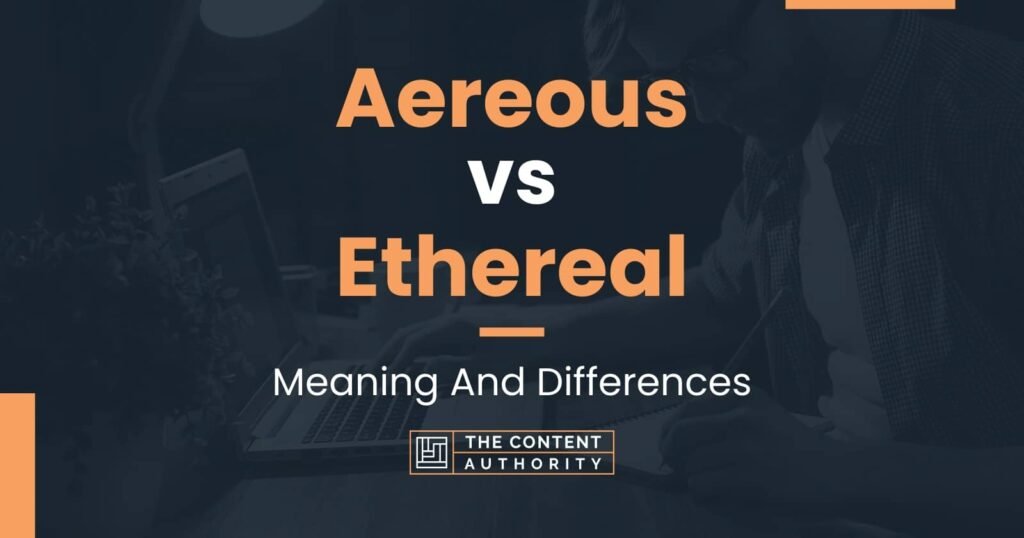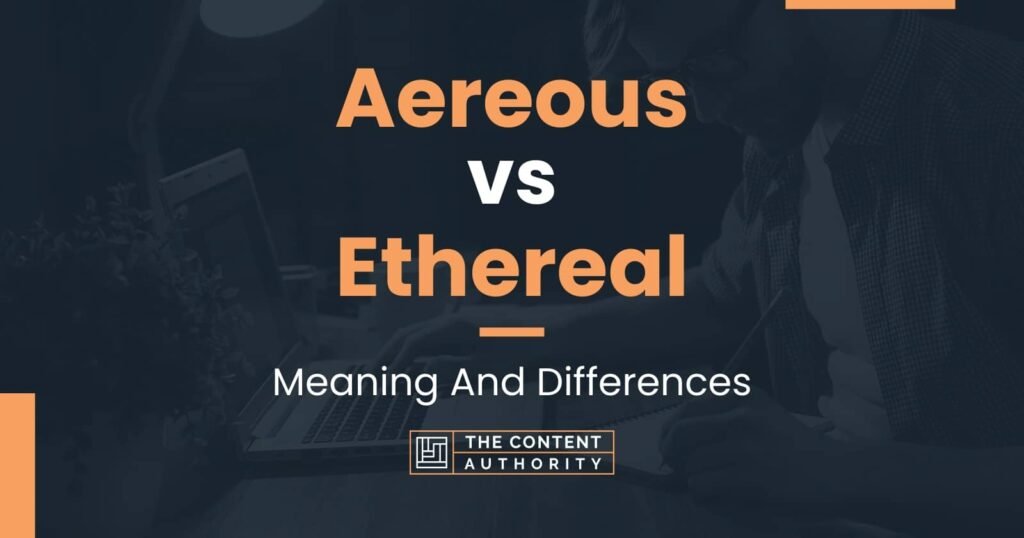Language has a fascinating way of capturing emotions, images, and sensations that often feel beyond description. One such word is “ethereal.” Whenever we use it, we evoke a sense of delicacy, lightness, or even otherworldliness. It’s a word that seems to float, much like the things it describes. Yet, as powerful as it is, “ethereal” is only one brushstroke in a wide palette of expression. Its synonyms open doors to deeper understanding and more nuanced communication.

What Does “Ethereal” Mean?
At its core, “ethereal” refers to something so delicate or refined that it feels unearthly or heavenly. Imagine soft moonlight filtering through the clouds, a gentle melody that feels like it came from another realm, or a dancer moving with such grace that she seems weightless. These are all examples where “ethereal” feels like the perfect descriptor.
But language thrives on variety. While “ethereal” is beautiful, repeating it too often can dull its impact. That’s where synonyms help, offering alternate shades of meaning while preserving the essence of what we want to express.
Synonyms of “Ethereal” and Their Nuances
- Delicate
A common synonym, “delicate” emphasizes fragility or fineness. It can apply to lace, porcelain, or even an emotion. Where “ethereal” suggests something almost otherworldly, “delicate” keeps us grounded in the physical, yet still evokes refinement. - Exquisite
This synonym carries a touch of luxury. Something exquisite is not just delicate but crafted with care and beauty. A piece of jewelry, an artwork, or even a fleeting moment of joy may be described as exquisite. - Airy
“Airy” highlights lightness and openness. A sunlit room with flowing curtains can feel airy. In people, it may describe someone who seems carefree or whimsical, almost floating through life. - Heavenly
While “ethereal” suggests a subtle, otherworldly quality, “heavenly” directly ties the experience to the divine or celestial. A heavenly fragrance or taste seems as though it could only come from paradise. - Unworldly
Similar to “ethereal,” “unworldly” suggests something removed from ordinary human experience. It can describe both beauty and innocence—qualities that appear untouched by the harshness of reality. - Transcendent
To describe something as transcendent is to suggest that it goes beyond normal limits. Music, art, or even a personal experience can feel transcendent—lifting us to a higher plane, much like “ethereal” moments do. - Ghostly
This synonym leans into the mysterious, sometimes eerie side of “ethereal.” A ghostly light or a ghostly presence shares the same fragile, other-realm quality, but with an edge of the supernatural.

Using Synonyms in Everyday Life
Choosing between “ethereal” and its synonyms depends on context. A fashion writer may call a dress “ethereal” if it seems dreamy and delicate, while a chef might prefer “exquisite” to describe a dish’s flavors. A poet could use “unworldly” to convey a sense of innocence, and a traveler might call a sunrise “heavenly.”
By expanding our vocabulary, we enrich our ability to capture experiences that feel intangible. Words like “ethereal” and its relatives allow us to frame beauty not just as something seen, but as something felt.

Why These Words Matter
In a world often dominated by speed and practicality, words like “ethereal,” “heavenly,” or “transcendent” slow us down. They invite us to notice the fragile, fleeting wonders that surround us—the whisper of wind through trees, the shimmer of stars, or the fleeting joy in someone’s smile. Synonyms give us more than linguistic variety; they remind us that language itself is an art form capable of painting beauty in endless shades.
Conclusion
“Ethereal” is a word that captures delicacy, grace, and a hint of the otherworldly. But its synonyms—delicate, exquisite, airy, heavenly, unworldly, transcendent, and ghostly—expand the ways we can express such feelings. Each synonym carries its own subtle flavor, allowing us to tailor our expression to match the mood, setting, or sensation we wish to describe.






